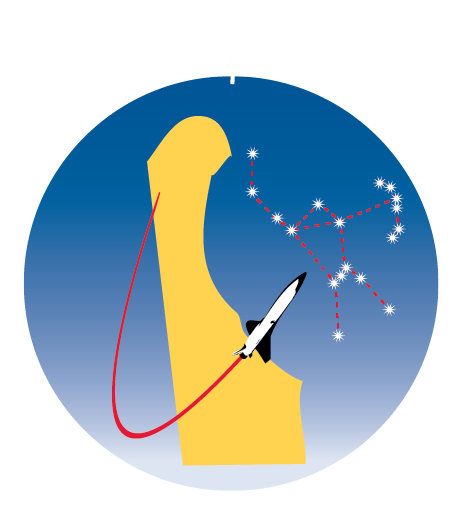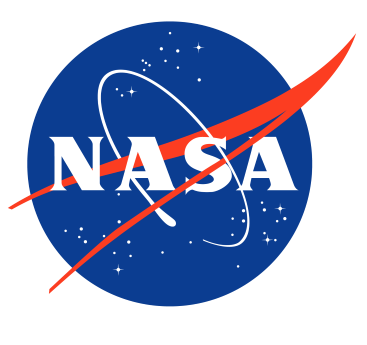NASA EPSCoR Stimuli is a summary collection of college and university basic research and technology development reports impacting NASA’s earth science, aviation, and human and robotic deep space exploration programs. This document addresses research which is relevant to NASA’s mission, and currently administered by the agency’s Established Program to Stimulate Competitive Research.
Category: NASA EPSCoR
2024-2025 Delaware NASA EPSCoR RID Seed Grant Program Awards
Congratulations to the 2024-2025 NASA EPSCoR Seed Grant awardees! Each researcher received a seed award in the amount of $21,000 in direct funds for their projects: Yin Bao, UD Plant and Soil SciencesImproving Machine Vision Systems for Monitoring Ecosystem PhenologyStephanie Cone, UD Biomedical EngineeringDevelopment of Novel in Situ Analysis Approaches for Rodent Musculoskeletal ModelsQi Mu,… Continue reading 2024-2025 Delaware NASA EPSCoR RID Seed Grant Program Awards
2023 NASA EPSCoR CAN Research Award
Congratulations to Assistant Professor Xi Wang (Science PI) from UD’s Materials Science Department and Associate Professor Vishal Saxena (Co-I) from UD’s Electrical and Computer Engineering Department on the submission of a successful proposal in NASA’s national competition! The proposal, “Multifunctional Zero-standby Power Sensing and Reconfigurable Photonic Integrated Circuits”, was selected by NASA for an award… Continue reading 2023 NASA EPSCoR CAN Research Award
NASA EPSCoR CAN ISS Flight Award
Congratulations to University of Delaware Assistant Professor Tyler Van Buren (Mechanical Engineering) on his awarded proposal “Turbulence decay of a bubble/sediment laden liquid in ISS microgravity”! Selected by NASA for 2022 funding, Dr. Van Buren’s research will ultimately fly on the International Space Station.

